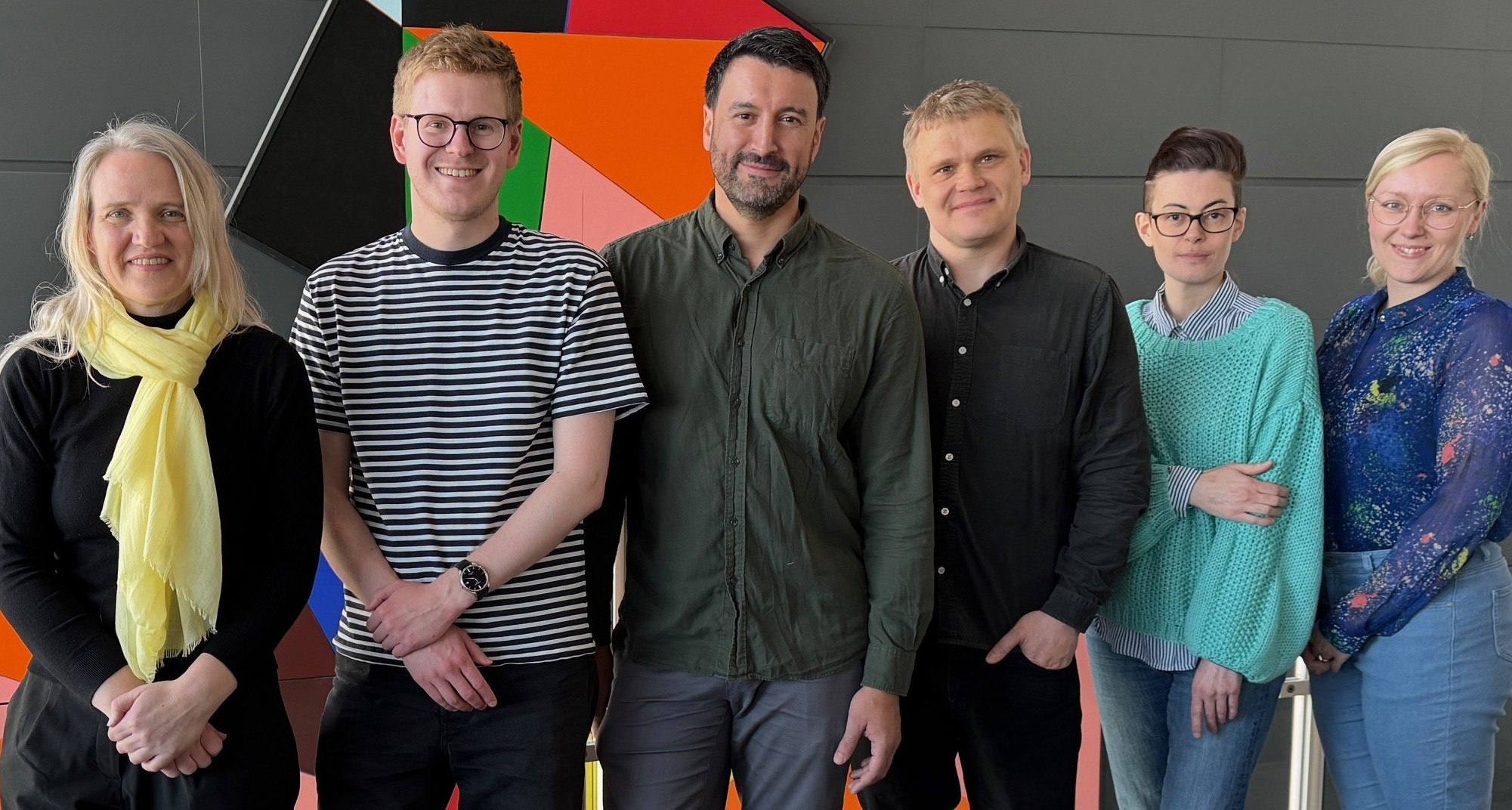AI and the University (AI-UNI)
Towards a sociolinguistics of literacy and voice in the age of generative language technology

AI-UNI will contribute to an empirically founded and theoretically coherent understanding of how text-generative language technologies affect research, teaching and learning practices in academia, and what the implications are for knowledge production, dissemination and evaluation.
Empirically AI-UNI seeks to break new ground by studying how generative language technologies are used as part of academic practices, developing methods for tracking how texts are produced and transformed as part of the everyday social practices of researchers and students in different disciplinary areas. Theoretically the project will develop models of the relationship between generative language technologies and academic practices, contributing to a sociolinguistics of literacy and voice in the age of AI.
AI-UNI will
1) document ongoing change in the way generative language technology is used as part of academic practices,
2) critically assess the associated implications for research, teaching, and learning, and
3) progressively build a theoretical model of human engagement with generative language technology as a site of sociolinguistic change, using the university setting as a case.
AI-UNI explores how researchers and students use generative language technologies as part of their everyday academic practices through six linguistic ethnographic case studies. Case studies 1-3 explore the use of generative AI as part of research practices. Case studies 4-6 provide complimentary perspectives on educational practices, focusing on undergraduate students. The case studies are explorative in nature. As we do not know what AI-related practices we will find or how they will develop, the focus of each case study is determined in an encounter between experiences in the field, the research team member responsible for the case, and the shared reflexive space provided by the research group.

Funded by
Project: AI and the University - Towards a sociolinguistics of literacy and voice in the age of generative language technology
Period: 1 January 2024 to 31 December 2028.
Contact
If you have any questions about the project, you can contact the project team at AI-UNI@hum.ku.dk.

Researchers from University of Copenhagen
| Name | Title | Job responsibilities | Phone | |
|---|---|---|---|---|
| Janus Mortensen | Professor | +4535334020 | ||
| Kasper Engholm Jelby | PhD Fellow | |||
| Rafael Lomeu Gomes | Assistant Professor | +4535321219 | ||
| Samantha Goodchild | Postdoc | +4535331049 | ||
| Sanne Larsen | Assistant Professor - Tenure Track | +4535328448 | ||
| Sofie E Abrahamsen Søndergaard | Project Coordinator | +4535323131 |

